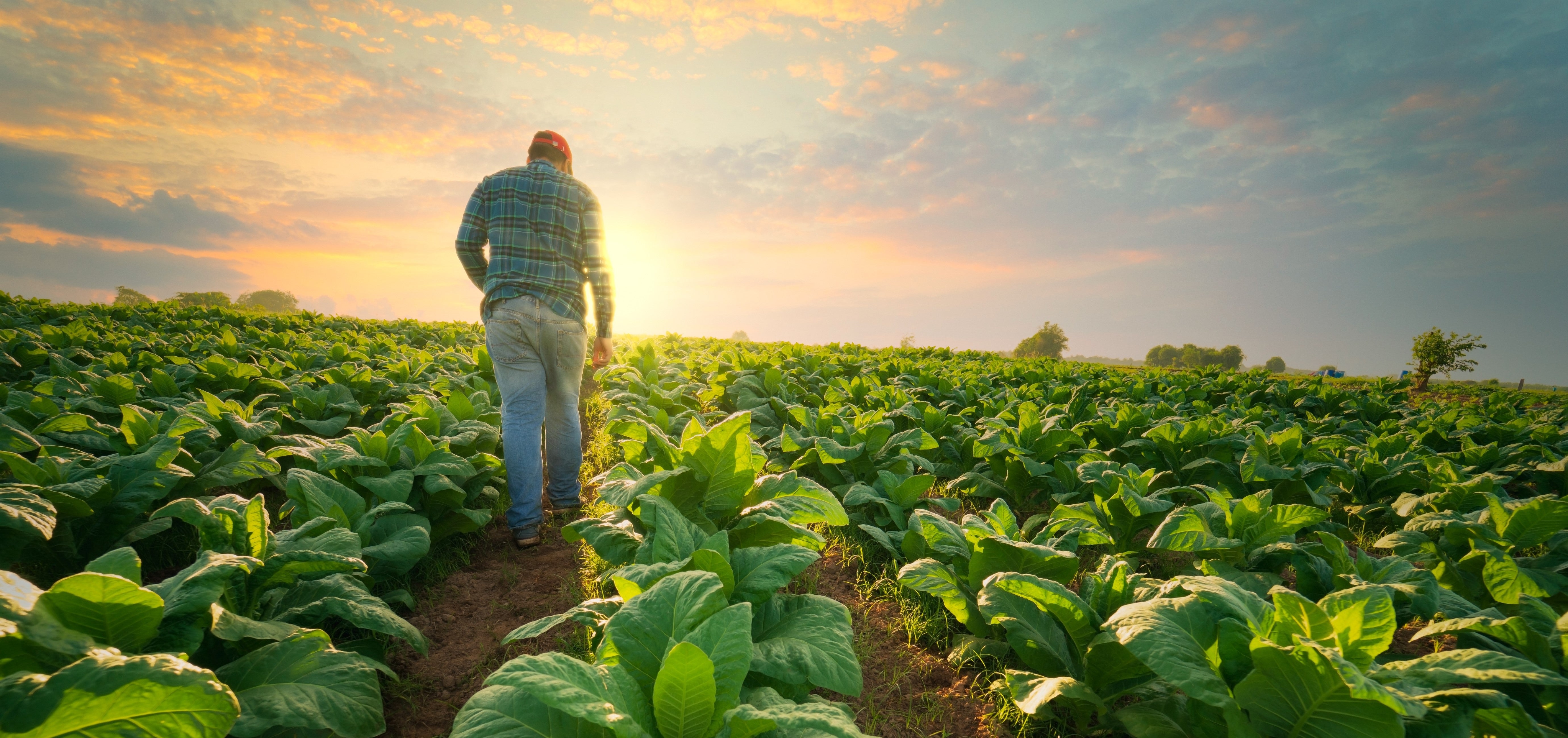At Perfect Bar, we believe in the power of real, wholesome ingredients to nourish your body and care for the planet. As we celebrate National Organic Month, it’s the perfect time to highlight our commitment to using organic ingredients and what that means for your health, the environment, and the future of food.
What Does It Mean to Be Certified Organic?
Organic foods, like the ones found in Perfect Bar, are grown and processed according to strict federal guidelines. These rules ensure that from farm to store, every product with the USDA organic seal is free from most synthetic fertilizers and pesticides, GMOs, and artificial additives like preservatives, colors, or flavors.
For produce to be labeled organic, it must be grown on soil that’s been free from prohibited substances for at least three years before harvest. This certification process is stringent, ensuring that the entire journey of a product is clean and transparent.
Organic Means Non-GMO
One of the most significant benefits of organic products is that they’re inherently non-GMO. In organic farming, genetically modified organisms (GMOs) are prohibited at every level. Organic farmers don’t plant GMO seeds, feed their animals GMO grains, or use any GMO-based ingredients in their products. This ensures that the food you’re eating is as close to nature as possible.
Why Organic Farming Matters
Organic farming isn’t just about avoiding harmful chemicals. It’s an agricultural practice that prioritizes the health of the entire ecosystem. Organic farmers focus on building healthy, resilient soil that can support life both above and below the ground. They use methods like crop rotation, composting, reduced tillage, and cover cropping to protect the soil and prevent erosion, while also increasing biodiversity and water retention.
For example, cover crops planted in between growing seasons prevent nutrient loss, keep weeds at bay, and maintain soil health. Reduced tillage helps protect microorganisms essential for plant health, while composting adds natural nutrients back into the earth. These practices not only produce nutrient-rich food but also contribute to a healthier planet by capturing carbon and reducing greenhouse gas emissions.
Healthier Soil = Healthier Food
Organic farming’s emphasis on soil health can impact the nutrient density of the foods we eat. Studies show that some organic crops can have higher nutrient levels compared to conventionally grown crops. Healthy soil, rich in organic matter, feeds plants in a way that supports their natural growth cycles.
By choosing organic, you’re not only supporting sustainable agriculture but also nourishing your body with high-quality foods grown in rich, healthy soil that promotes future growing seasons.
Animal Welfare in Organic Farming
When it comes to animal products, organic standards ensure humane treatment. Animals raised organically are given the freedom to exhibit their natural behaviors, like grazing on pasture. They are fed 100% organic feed and are never treated with antibiotics or synthetic growth hormones. For example, organic standards require that cows graze on grass for at least a third of their lives. Organic always means cage-free, and animal welfare is at the heart of these practices. At Perfect Bar, we take pride in these standards when sourcing organic, non-fat dry milk and whole egg powder that contribute to the whole food protein content in our bars, ensuring that the ingredients we use meet high standards of animal welfare and quality.
Organic for the Planet
Organic farming practices also play a vital role in preserving our planet. Compared to conventional agriculture, organic farming has a smaller carbon footprint, helping to fight climate change.
Organic farming also conserves natural resources by replenishing ecosystems, promoting biodiversity, and protecting clean air and water sources. It’s a regenerative system that builds soil health rather than depleting it, making it a more sustainable option for the future of food production.
Better for People, Better for Communities
Organic farming doesn’t just benefit the environment; it also has significant social impacts. By prioritizing healthier working conditions and reducing exposure to toxic chemicals, organic farming improves the quality of life for farmers and their communities. The focus on sustainability ensures that the land can continue to produce nutritious food for future generations while promoting equitable practices in rural areas.
Join Us in Celebrating National Organic Month
At Perfect Bar, we’re proud to offer fresh-from-the-fridge organic protein snacks that nourish your body while supporting the environment. Let’s celebrate this special month by embracing the benefits of organic farming and all those who play a role in growing the organic industry—from healthier food to a healthier planet, and a healthier you.



